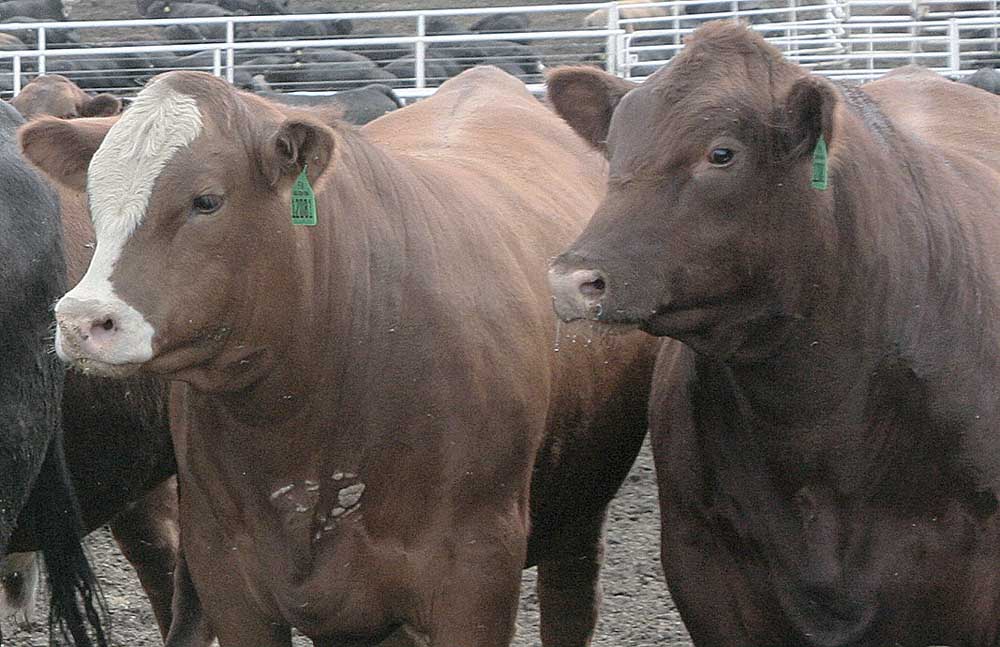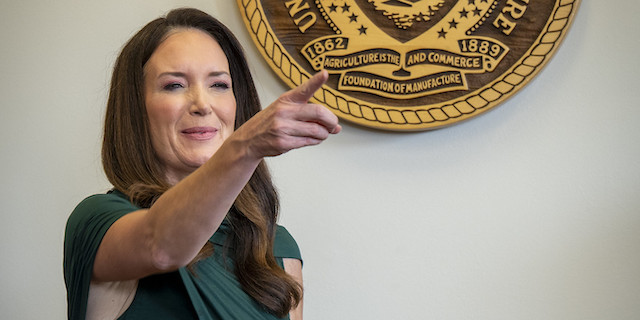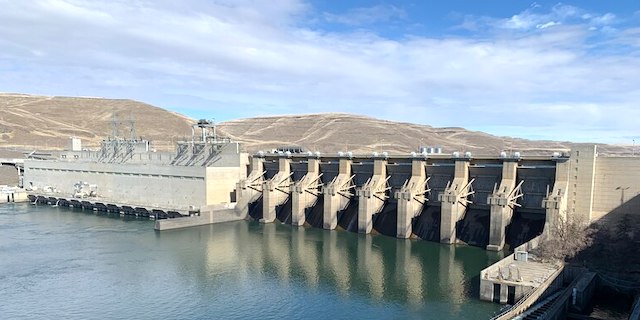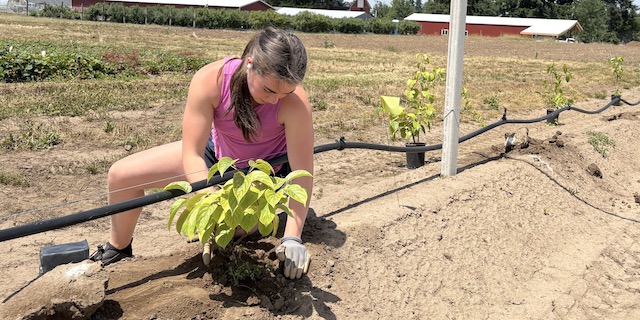Cattle group: Anti-CAFO legislation misguided
Published 4:15 pm Thursday, July 15, 2021

- An upcoming series of webinars will focus on how cattle are marketed through the CME.
Sen. Cory Booker, D-N.J., reintroduced a bill July 15 to clamp a moratorium on new and expanding large confined animal feeding operations and phase out the largest CAFOs by 2040.
Rep. Ro Khanna, D-Calif., introduced a companion bill in the House.
The action would pertain to beef and dairy cattle, swine, poultry and horses.
The lawmakers said the legislation would “create a level playing field for independent family farmers and transform the broken system built by multinational meatpacking companies.
“Large multinational meatpackers, because of their buying power and size, are putting our food system at risk and harming everyone along the supply chain,” Booker said in a press release.
“We need to fix the broken system. That means giving family farmers and ranchers a fair shot and holding corporate integrators responsible for the harm they are causing,” he said.
Booker also called for an immediate transition to a more sustainable and humane system.
“An important first step is ending our reliance on huge factory farms and investing in a system that focuses on resilient and regenerative production,” he said.
National Cattlemen’s Beef Association called the legislation misguided and in stark contrast to USDA’s plan to accomplish fair, transparent and competitive markets laid out last week by Agriculture Secretary Tom Vilsack.
USDA’s path offers practical, long-term progress for cattle producers, said Ethan Lane, NCBA vice president of government affairs.
In contrast, the legislation introduced by Booker and Khanna “is the kind of broad, jumbled mess you get when you’re more focused on Twitter and talking points than the sound legislating rural Americans need,” he said.
He pointed out that 95% of cattle raised in the U.S. visit a feedyard, and feeding operations are not antithetical to small, family-owned farms and ranches.
“They’re part and parcel of the same symbiotic supply chain that produces the most nutritious, sustainable beef in the world,” he said.
Cattle feeders respond efficiently to meet a wide range of consumer demands, and the U.S. cattle industry has had the lowest beef greenhouse gas emissions intensity in the world for 25 years. With a growing global population, that efficient production system will be more vital than ever, said.
The legislation would also strengthen the Packers and Stockyards Act to protect family farmers and ranchers. It would restore mandatory country-of-origin labeling requirements for beef and pork and prohibit USDA from labeling foreign, imported meat as “Product of USA.”
Strengthening the Packers and Stockyards Act and clarifying labeling are also part of USDA’s efforts, as is expanding processing capacity and opportunities with a focus on small and mid-sized packers.
NCBA has long been on the forefront of issues such as labeling, competitive and transparent markets and a more resilient supply chain, Lane said.
“While it is positive to see some of those key producer concerns receiving attention from two new members of the Senate and House Agriculture Committees, we’re also frustrated to see them buried in such a sprawling misguided package,” he said.
The legislation by Booker and Khanna would also hold corporate integrators responsible for pollution and other harm caused by CAFOs and provide a voluntary buyout for farmers who want to transition out of operating a CAFO.






